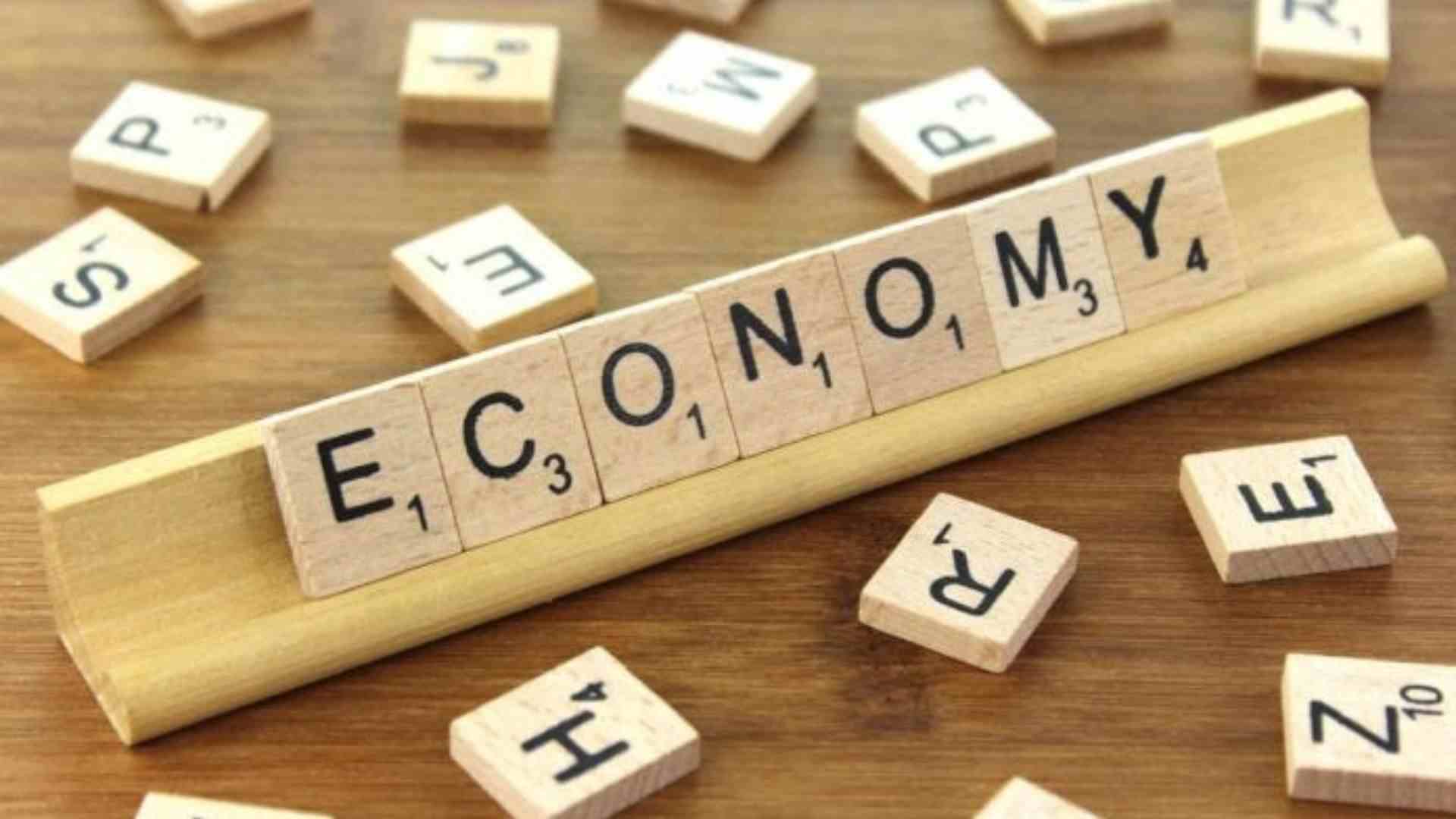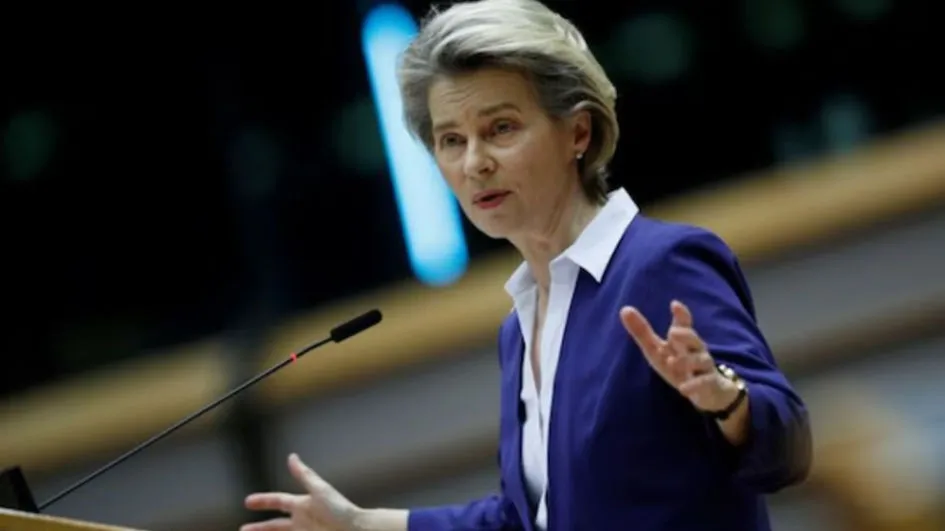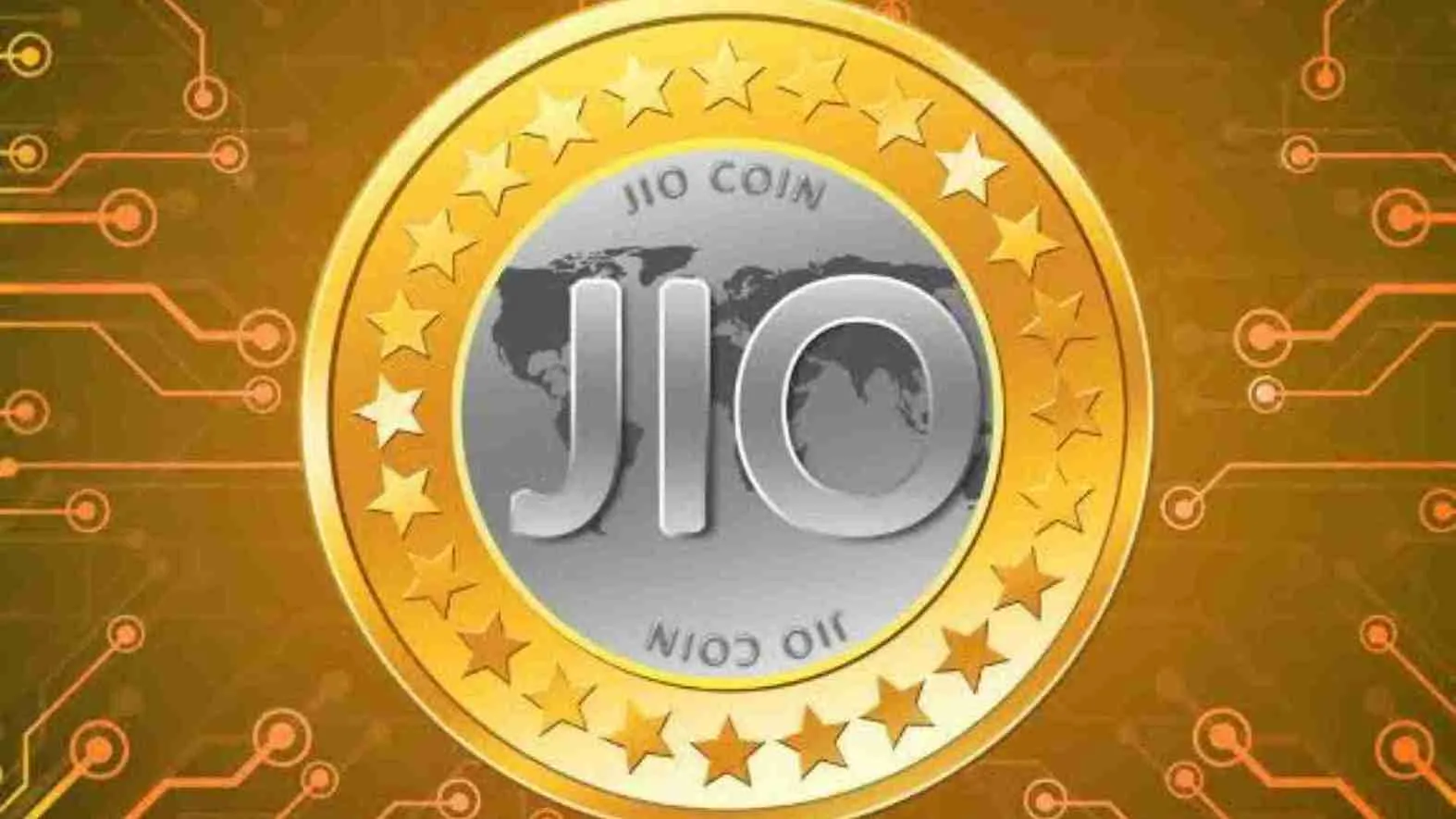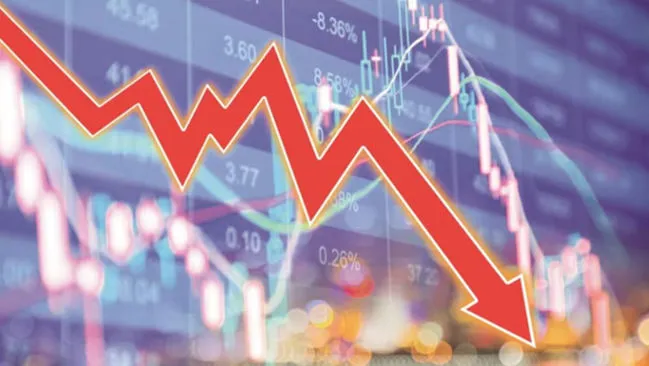India is poised to overtake Japan and become the world’s fourth-largest economy by 2025, as per Amitabh Kant, India’s G20 Sherpa and former CEO of Niti Aayog. Kant attributes this projection to various favorable macroeconomic indicators. Currently ranked fifth, India’s GDP trails behind the United States, China, Germany, and Japan, with India surpassing the United Kingdom in 2022. This achievement underscores India’s impressive economic growth, especially considering that a decade ago, its GDP ranked eleventh globally.
Currently, the nation’s GDP is approximately $3.7 trillion. As per an ANI report, Kant has underscored various crucial elements that have propelled India’s transformation from being among the “Fragile 5” in 2013 to emerging as one of the top 5 economies by 2024. These factors encompass record GST collection, sustained GDP growth exceeding 8% in the last three quarters, the utilization of the Indian Rupee for trade with 27 nations, and manageable levels of inflation.
The term “Fragile 5” was coined by a Morgan Stanley analyst in 2013 to denote five emerging economies, including India, that were encountering economic challenges at that time. The other four countries were Brazil, Indonesia, South Africa, and Turkey. Kant also highlighted the double-digit growth in sectors like steel, cement, and automobile manufacturing, along with India’s global leadership in digital public infrastructure.
E-transactions have surged to 134 billion, constituting 46% of all global digital payments. Additionally, accounts opened under the Jan Dhan, Aadhaar, and Mobile trinity hold a current balance exceeding Rs 2.32 lakh crore. The average annual inflation rate between 2013-14 and 2022-23 decreased to 5% from 8.2% recorded between 2003-04 and 2013-14, further underscoring India’s robust growth.
The Indian economy has been showcasing a promising outlook in recent quarters, buoyed by firm GDP growth forecasts, manageable inflation rates, political stability at the central government level, and commendable monetary policy from the central bank, as per the ANI report. India recorded a notable GDP growth of 8.4% during the October-December quarter of the financial year 2023-24, with expectations of maintaining this growth trajectory in the future.
According to the International Monetary Fund’s latest World Economic Outlook, India is anticipated to retain its position as the fastest-growing major economy in 2024. The IMF has revised India’s growth projections for 2024 from 6.5% to 6.8%, reflecting the country’s robust economic performance. India’s economy expanded by 7.2% in 2022-23 and 8.7% in 2021-22, underscoring its status as a prominent global economic player.























